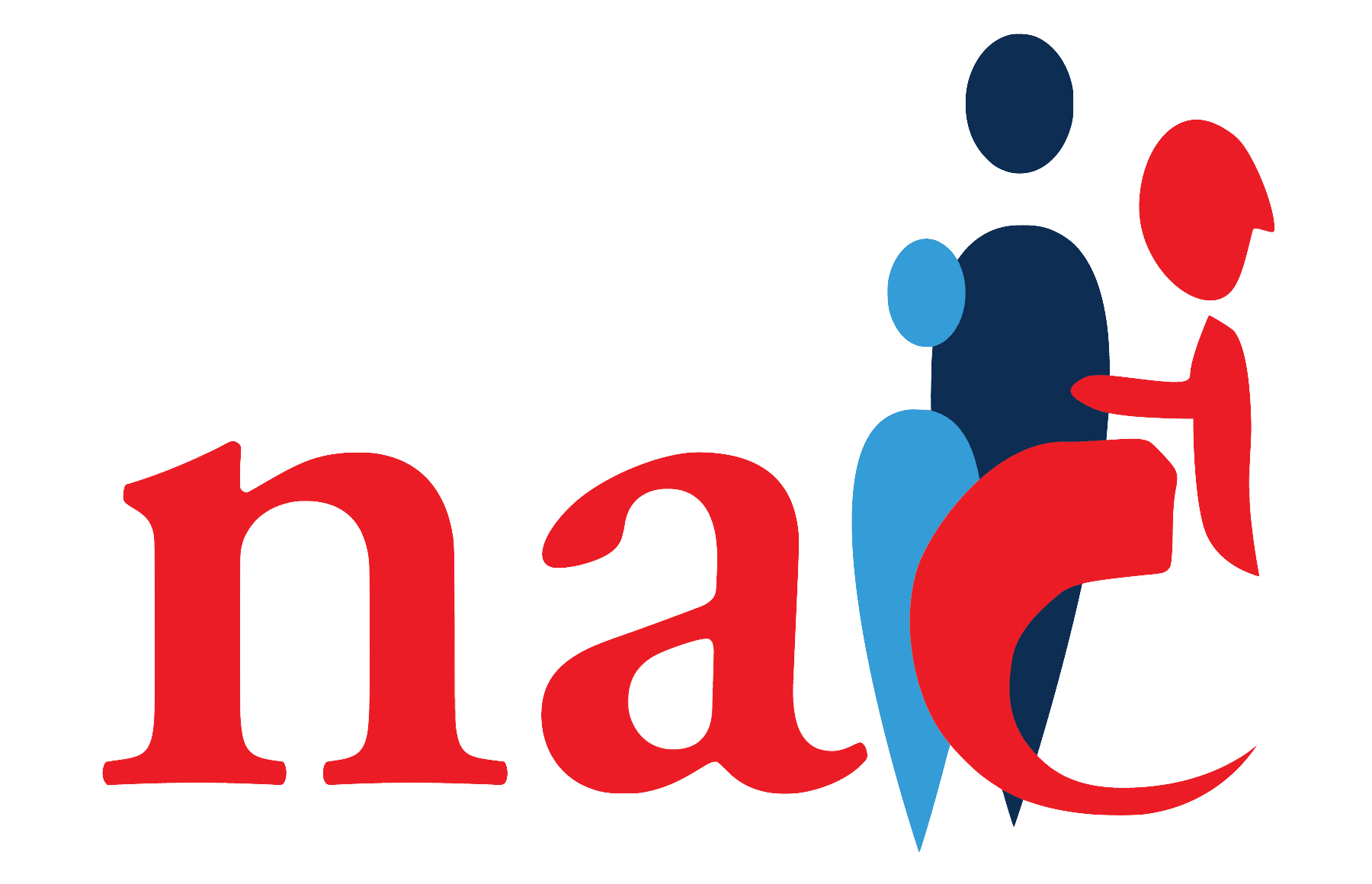Albert cares for his partner, who has received a kidney transplant and was undergoing dialysis when he and Albert started dating. Albert knew going into the relationship that he would be a part of his partner’s care team one day. Albert’s partner was able to remain healthy and eased into needing a new kidney, so Albert was able to ease into the care partner role as well, attending relevant groups and dialysis alongside him.
As a teenager, Albert had been in a caregiving role, so he had some experience when it became time to help care for his partner. From his earlier experience as a caregiver, Albert knows the importance of self-care and remaining healthy so he can help keep his partner healthy. He also knows the importance of boundaries. He can be anxious about ensuring that his partner gets everything he needs, but he understands the importance of giving space when his partner wants independence.
The healthcare team did not provide Albert with any information on being a transplant caregiver. He gathered information on his own from the patient groups his partner was engaging with, along with listening carefully and asking questions at his partner’s doctor’s appointments. He was not provided information on caregiver support groups, and although he feels he could have asked for it, he didn’t want to take the focus from his partner. He has been able to speak with his own doctor about being a care partner.
Albert expects that his partner will need another kidney transplant in the future. He thinks he himself will need more support through the second transplant, and that he will be more involved in the screening and pre-transplant process. His own personal challenge is taking care of himself and curbing the anxiety he feels over being sure he can help his partner.
Post-transplant, Albert has been involved with support groups and patient advocacy groups because he wants to give back and provide help to the transplant community. He is a retired teacher, and he loves teaching, so he is often called on to provide others with information. However, Albert thinks it is incredibly important that caregivers know that they do not have to engage with the transplant community or support groups to get the information and resources they need. No caregiver should feel guilted into participating in exchange for resources.
Albert explains the most helpful information he received was in plain language from someone to whom he could speak directly and ask questions. He thinks support groups can be very helpful to caregivers, especially when they’re comprised of people from different backgrounds who can provide varied perspectives and understandings on transplants. These support groups are a convenient place for caregivers to get advice and can help them feel like they’re not alone.
